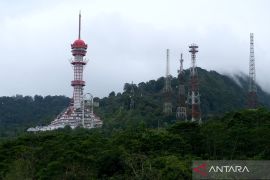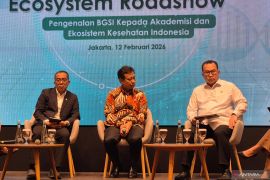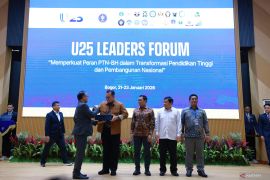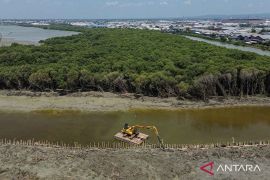According to a researcher at the agency's Space Research Center, Tiar Dani, with the use of AI, Big Data can be obtained easily.
He explained that monitoring solar activity with the help of satellites would produce several terabytes of data in one day.
However, processing such large volumes of data using conventional methods would be difficult or even impossible.
Therefore, through machine learning and AI deep learning of data, the process of observing and predicting solar activity would become easier, Dani said.
"Generally, deep learning and machine learning can detect solar activity patterns with unprecedented levels of accuracy and speed," he noted.
Related news: BRIN pursues satellite-based space weather monitoring
Predicting solar activity will increase researchers' understanding of solar dynamics and help them prepare steps to mitigate the impact of solar storms on the Earth.
However, Dani emphasized that data quality is important when studying solar activity with AI.
According to him, if researchers use correct and good data to train AI, the predictions will be more accurate.
"AI is only a black box, if good data is included, then good results will come out; but if the data is bad, then bad result will come out. We have to be very careful in what data will be used," he explained.
He said that continuous research and collaboration are key to speeding up innovation in uncovering the secrets of the sun.
"Continuous research and collaboration are very important to obtain significant breakthroughs in uncovering solar secrets," he added.
Related news: BRIN's three teams to study hybrid solar eclipse in Biak
Translator: Farhan N, Kenzu
Editor: Yuni Arisandy Sinaga
Copyright © ANTARA 2024












